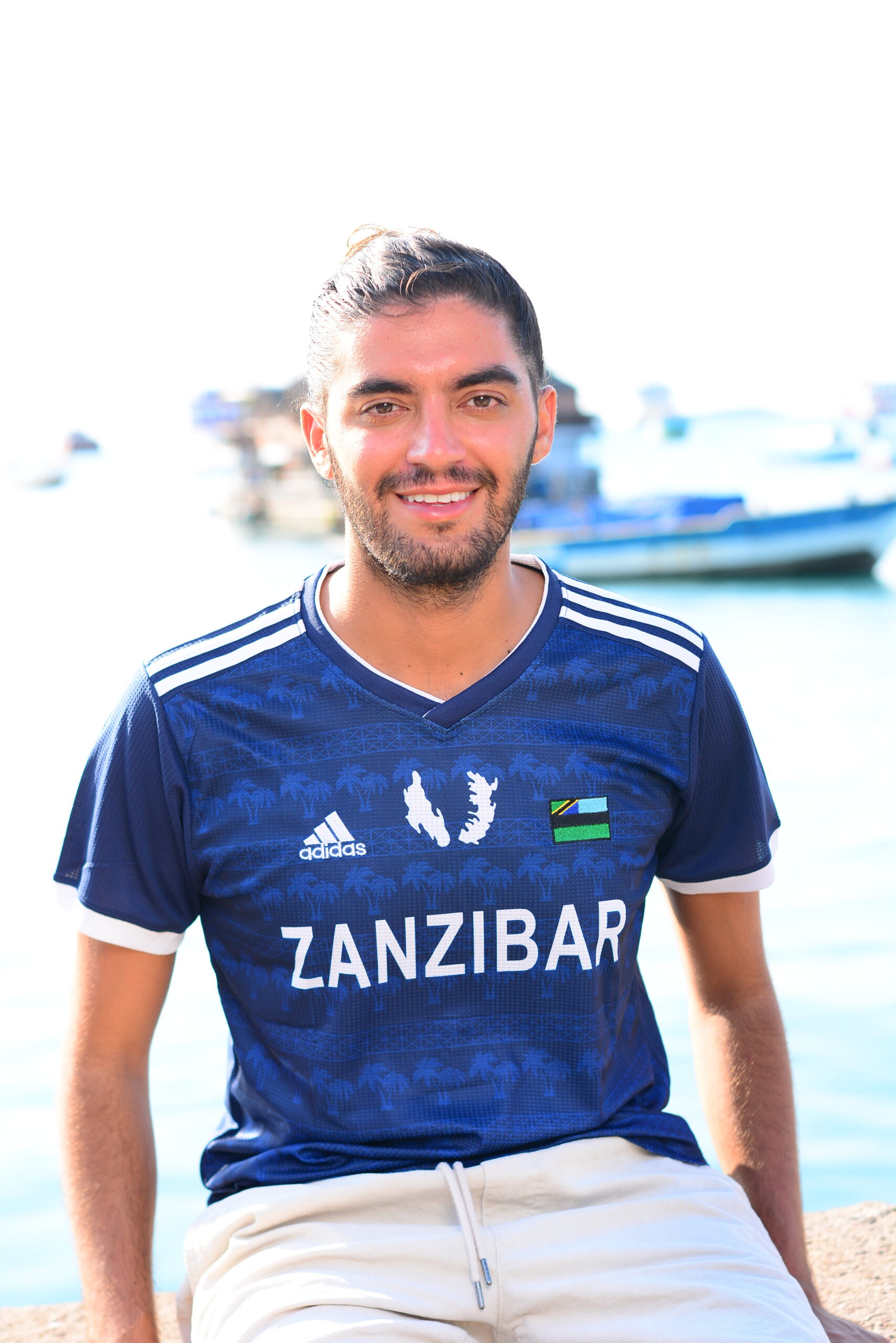Husam Jubran has delivered machine learning boot camps with our mainland Tanzania and Zanzibar teams over the past couple of months. In this blog, he shares insights and reflections from his experience.
My experience in Zanzibar was an exciting opportunity to engage closely with communities on Artificial Intelligence (AI) and machine learning. For context, when I discuss AI throughout this blog, I’m referring to the ability of machines or programs to imitate human intelligence and behavior. Machine learning sits within the broader field of AI and equips systems to independently learn and enhance their performance through experience, typically in the form of data.
During my time in Zanzibar, I saw motivation to embrace these cutting-edge technologies to accelerate positive impact to ensure people have access to the care they need and deserve. Community health volunteers and other health workers play a crucial role in healthcare delivery in Zanzibar and while their primary function is to provide healthcare, they are also responsible for collecting data during their interactions with the community, which is necessary for training machine learning models. It helps to craft solutions that are finely tailored to each unique context, ultimately enhancing the quality of care provided.
From what I have seen over the past months, I’m convinced that machine learning and AI can revolutionize healthcare in Zanzibar if it is applied ethically. For example, by deploying machine learning-powered diagnostic tools, healthcare professionals can deliver accurate diagnoses and treatment recommendations, even in remote areas with limited access to medical facilities. Predictive analytics and risk stratification can optimize the allocation of healthcare resources, ensuring that services are available when and where they are needed.
While I have undertaken machine learning projects in the past, my experience in Zanzibar was my first encounter with limited and real-world data.
In the past two months, I have learned a lot, especially when it comes to understanding real-world and limited data. While I have undertaken machine learning projects in the past, my experience in Zanzibar was my first encounter with limited and real-world data. One challenge with the datasets was the absence of clear visible correlations between certain data points. This absence of clear relationships might arise from two possibilities. It could indicate that the data is inaccurate and does not capture existing correlations. Alternatively, it might reflect the complexity of the real-world scenario, where clear correlations don’t always exist, making it challenging to predict outcomes accurately. One of the primary strategies involved the careful selection of features to enhance data quality. The challenge is that there is no one-size-fits-all approach to cleaning data. Each dataset, with its unique objectives, demands a tailor-made data-cleaning strategy. This challenge underscored the importance of adaptability and creative problem-solving when working with less-than-ideal data.
They mentioned that some people in Zanzibar might have reservations about machine learning due to spiritual reasons. In their view, machine learning’s ability to make predictions about the future might be perceived as infringing upon the divine, as some of the population in Zanzibar believe that only God possesses such knowledge.
Additionally, my time in Zanzibar highlighted how important cultural sensitivity is when implementing cutting-edge solutions. Understanding beliefs, practices, and healthcare challenges in the specific context of Zanzibar is pivotal for developing effective and culturally appropriate AI-driven solutions. In one of our sessions, a participant raised a concern. They mentioned that some people in Zanzibar might have reservations about machine learning due to spiritual reasons. In their view, machine learning’s ability to make predictions about the future might be perceived as infringing upon the divine, as some of the population in Zanzibar believe that only God possesses such knowledge. This revelation underscored the need to tailor our initiatives with respect for these deeply-rooted spiritual beliefs and traditions, ensuring that our technological advancements align with the values of the community. For instance, a practical approach could involve presenting the machine learning model’s answers as probabilities, signifying that it doesn’t claim to know the future with absolute certainty. This approach stands in contrast to the belief that God possesses unerring knowledge, creating a bridge between technology and spirituality that respects both perspectives.
While Zanzibar presents unique challenges, they are, in fact, opportunities for innovation. By synergizing local expertise with global collaboration and maintaining a strong focus on data quality and computational resources, we can fully unlock the potential of machine learning and AI for healthcare and beyond in Zanzibar. The journey ahead promises to be exciting, as we work together to create impactful solutions that enhance the lives of Zanzibar’s residents and set an inspiring example for the world.

